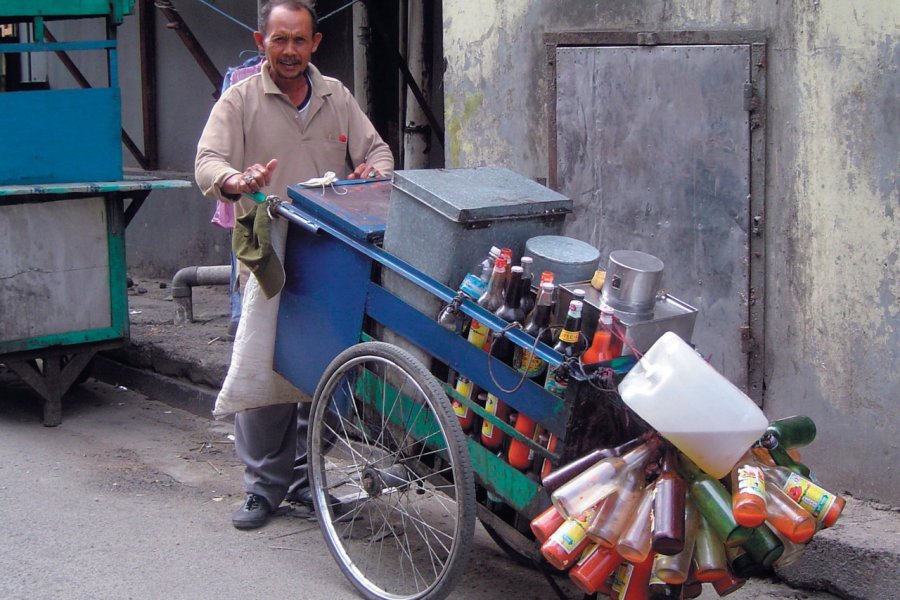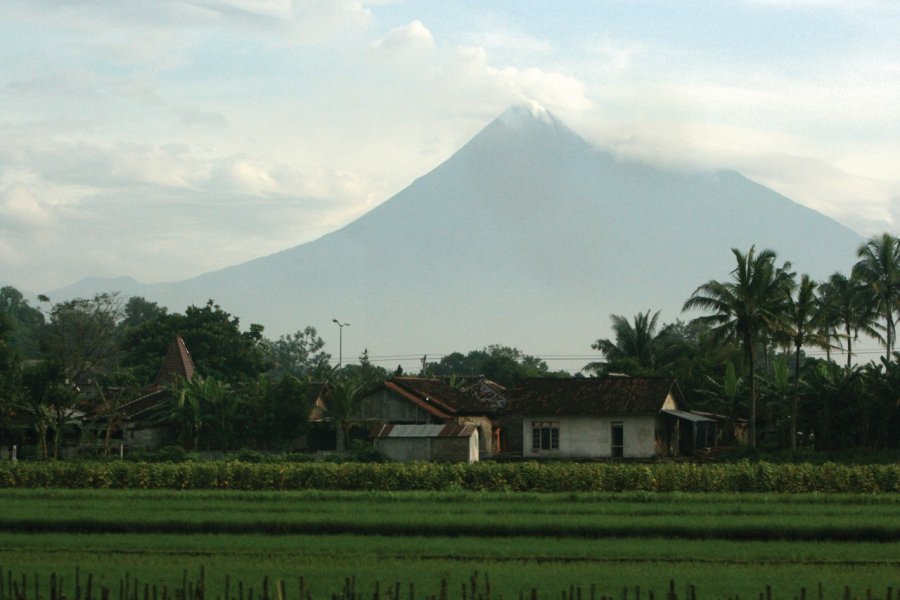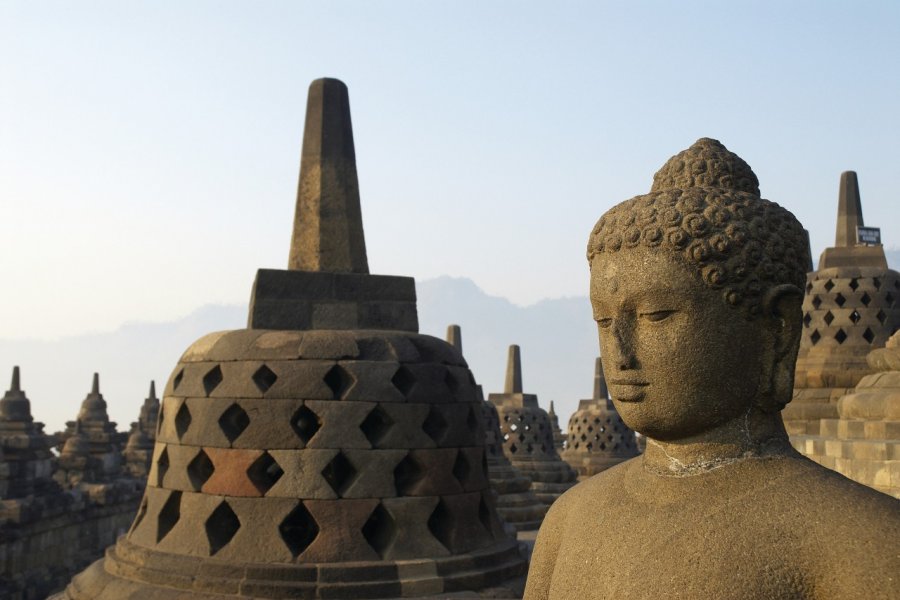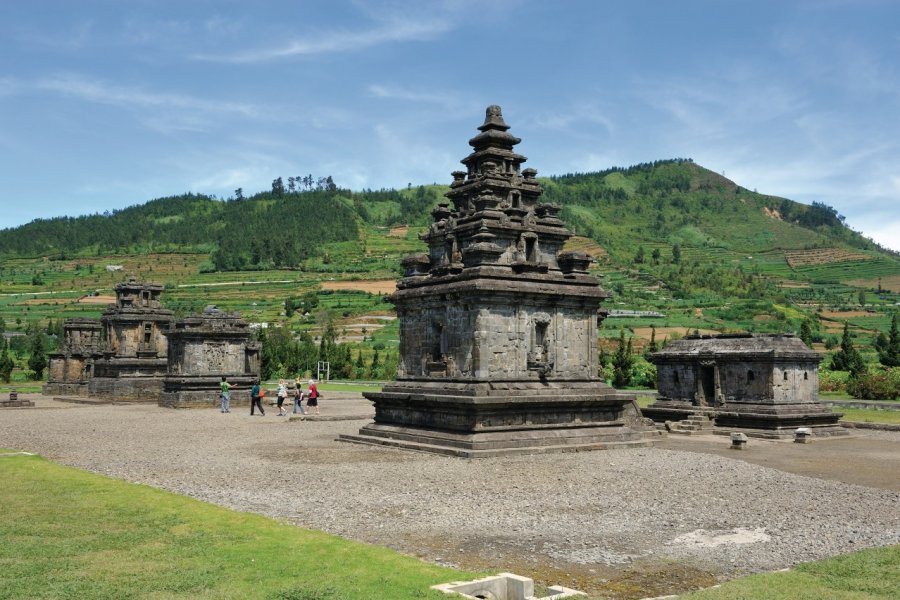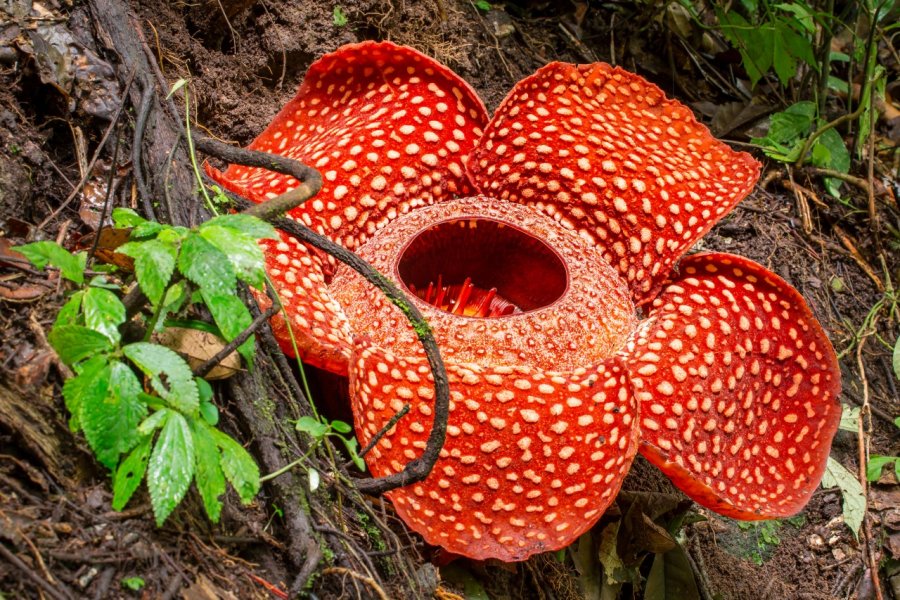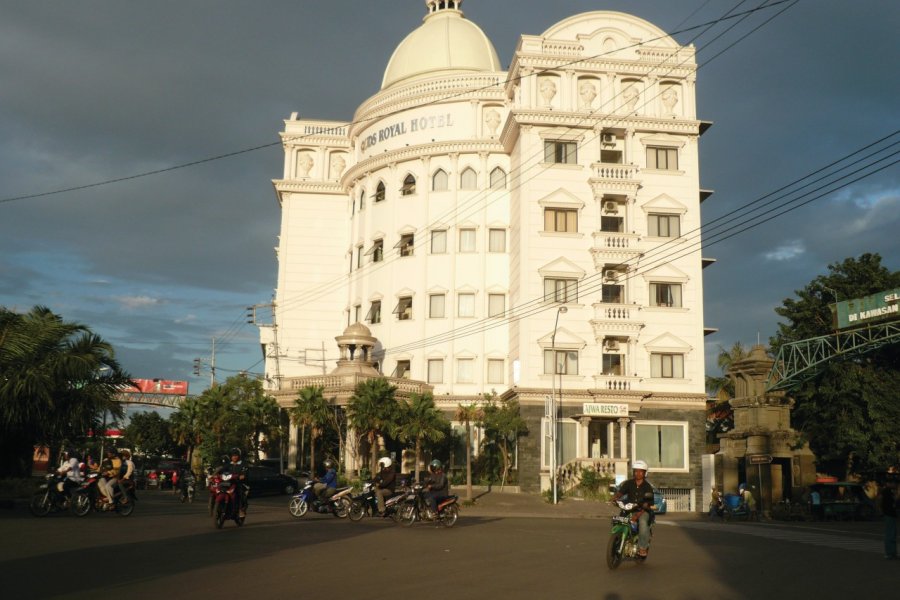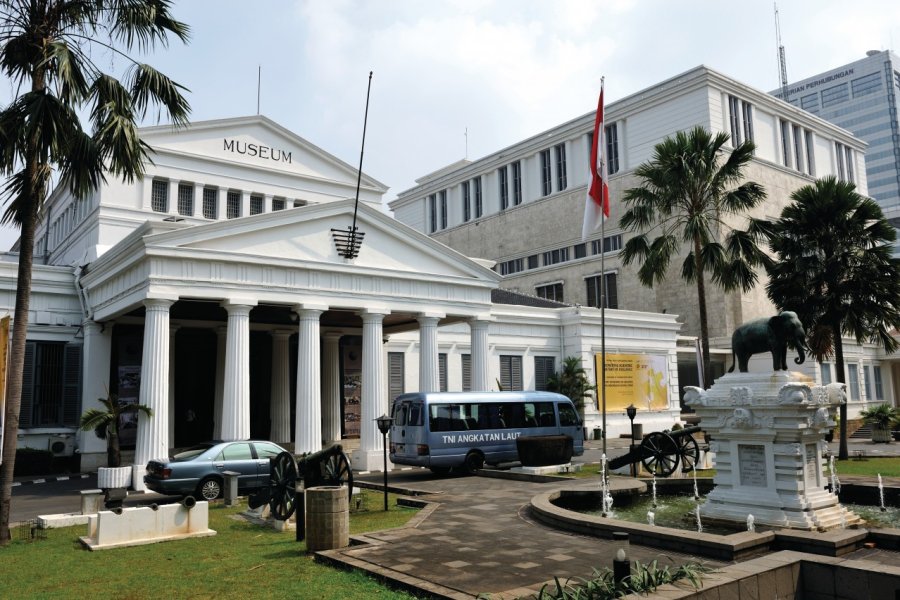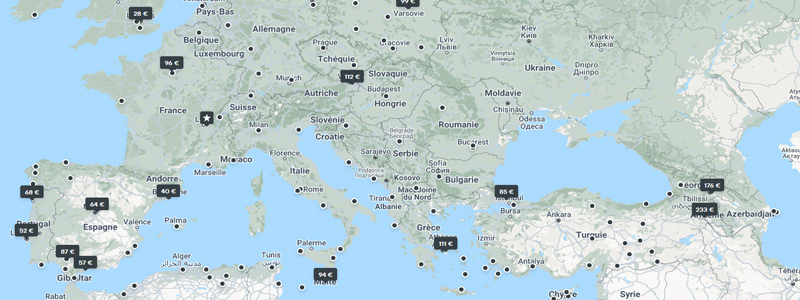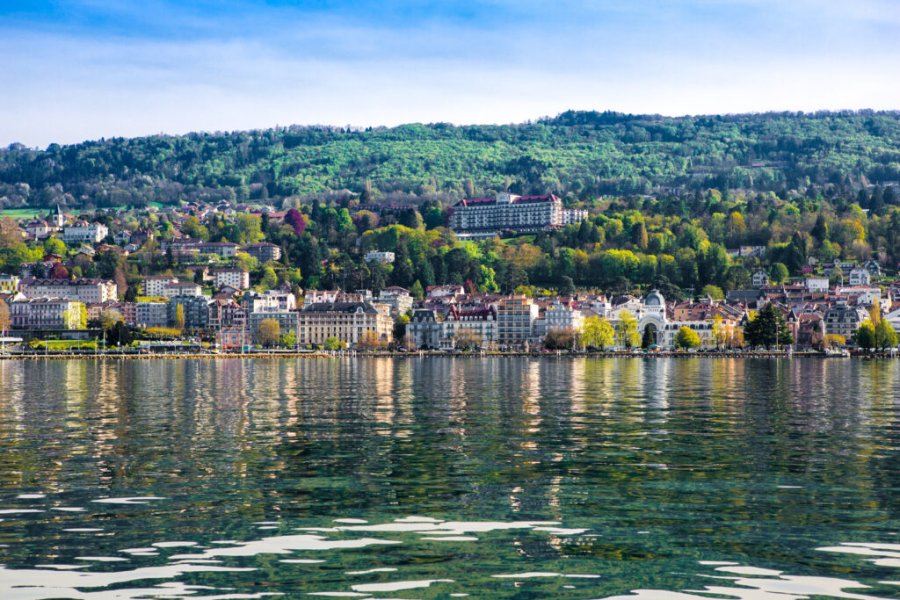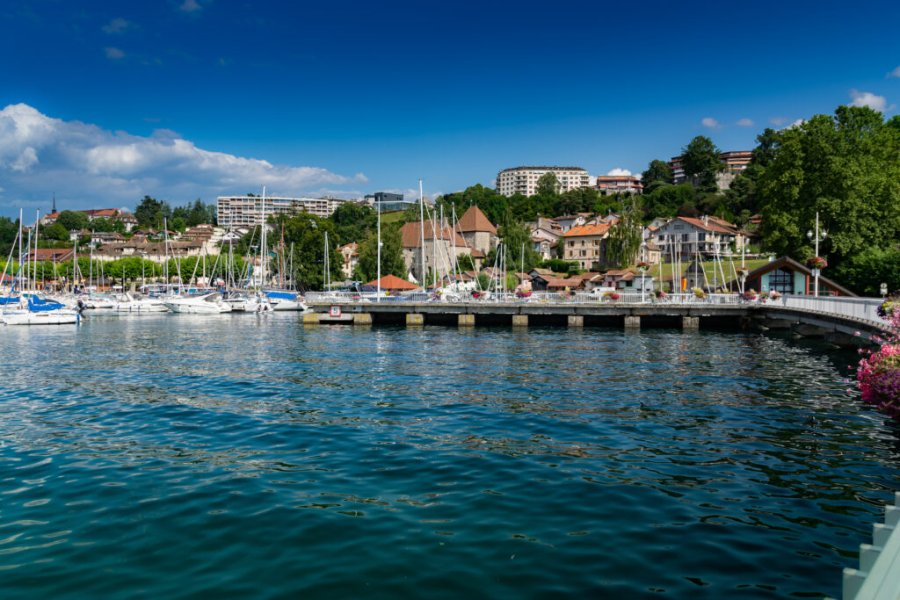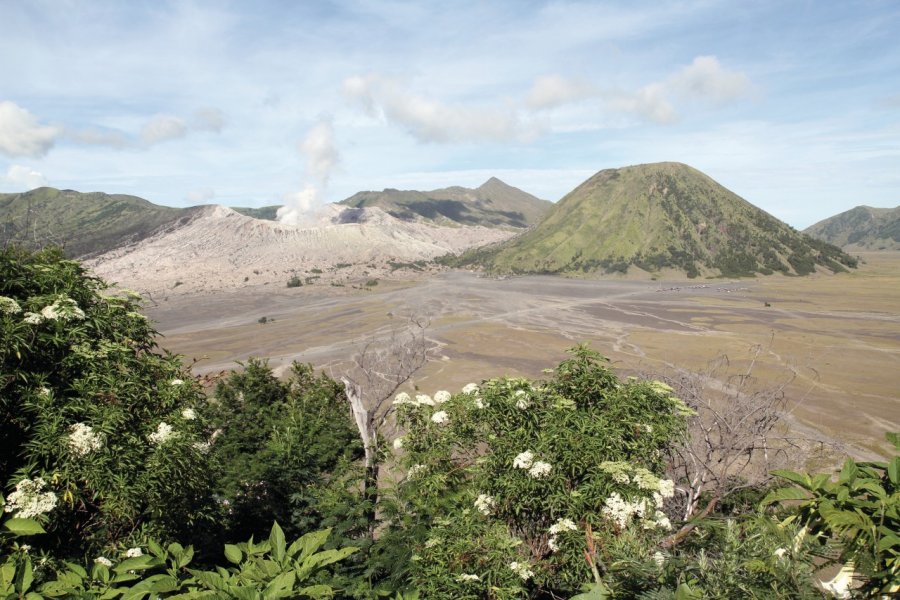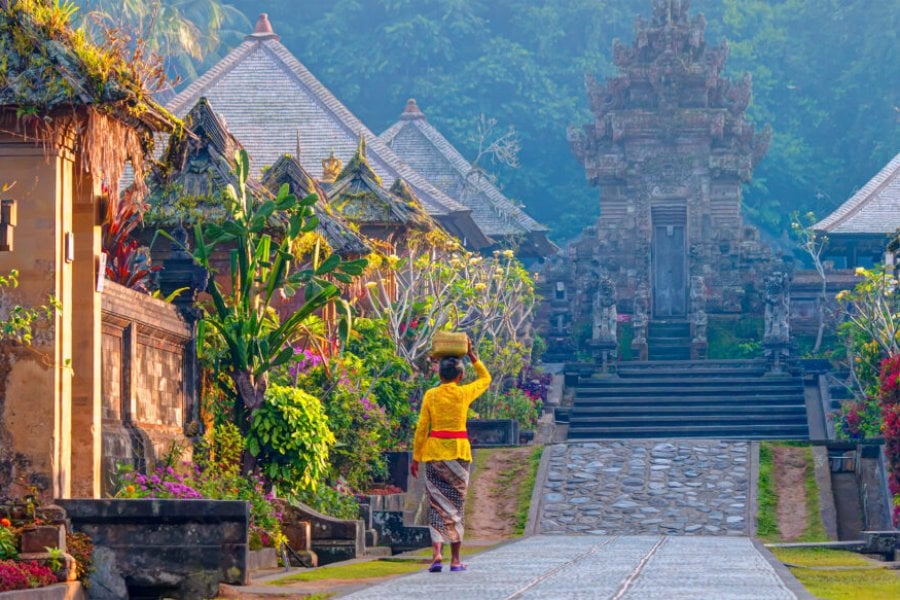Travel Guide Java
Java is one of Indonesia's most fascinating and cosmopolitan islands. This Java travel guide gives you an overview of the sites to visit, as well as the most beautiful places to stay. The cradle of Indonesian culture, Java has been the scene of many historic events. Dutch colonization, independence struggles and its central role in modern Indonesian politics shape its identity. The life of the Dutch settlers in Java continues to fascinate. The vestiges of this Dutch Belle Époque are scattered across the island, and bear witness to a complex past.
Geopolitically speaking, Java is the political and economic heart of Indonesia, as it is home to the capital, Jakarta. This is where the elites and key positions are centralized. The city, like Java itself, faces a major challenge: overpopulation. As a result, Java is heavily dependent on resources from neighboring islands.
Outside the hustle and bustle of Jakarta, life in Java retains its traditional rhythm. Many still live in villages where age-old traditions endure. People work in the rice fields and manage the plantations, preserving the island's cultural heritage.
Java also boasts a varied topography, from idyllic beaches to majestic volcanoes. In East Java, discover the incredible Ijen volcano with its sulphur-bearing work, and the mythical Bromo for its unique lunar landscape. Between these two wonders, explore the wilderness near the Meru Betiri reserve, home to macaques and monitor lizards. Then immerse yourself in the ancestral traditions and enchanting dances of this authentic region. The volcano Merapi volcano also offers superb panoramic views, while the beaches of Pangandaran and Pelabuhan Ratu invite you to relax.
Traditional arts such as Wayang, shadow theater and Javanese dance are living testimony to this richness. The city of Yogyakarta, nicknamed Jogjaembodies the essence of Javanese identity, Kejawena unique blend of Islam, animism and Hindu-Buddhism. The city is remarkable for the preservation of these traditions, symbolized by the Sultan's Palace. It is strategically located between the Merapi volcano and Parangtritis beach, a meditation site for many Javanese. According to legend, a secret tunnel links the palace to the beach, where the Sultan meets the Queen of the South Seas, Kanjeng Loro Kidul to maintain the powers of the Mataram empire. This fusion of the real and the supernatural is deeply rooted in Javanese culture. Life is seen as a shadow play, and humans as puppets guided by unknown forces. The Javanese are characterized by their quick-wittedness and reluctance to jump to conclusions. They prefer humor and tolerance to analysis. What's more, the Yogyakarta region boasts natural and archaeological sites, such as the Imogori royal cemetery, as well as artisan villages. The Borobudur temple is the world's largest Buddhist temple, and the Prambanan temples date back to the 8th century. The coastal region of Gunung Kidul also offers an exceptional setting, with its remote villages and traditional houses joglohouses and dream beaches.
Finally, Java's varied and spicy cuisine deserves a special mention. Enjoy dishes such as Nasi Goreng (fried rice) Satay (kebabs) and Gudeg (a jackfruit-based dish), they're sure to delight your taste buds! Convinced? Then it's time to get your tickets!
What to visit Java?
Suggested addresses Java
When to go to Java?
When to go to Java? The best time to visit Java depends on a number of factors:
Climate and seasons: Java has a tropical climate and two main seasons: the dry season and the rainy season. The dry season, from May to September, is considered the best time to visit Java. During these months, the weather is sunny and dry, making it an ideal time to visit temples, climb volcanoes and laze on beaches. The rainy season, from October to April, brings intermittent showers, but is also a magical time to see Java green and less crowded.
High/low season pricing: if you come to Java between June and August, as this corresponds to the high tourist season, rates are higher, but the climate is optimal for outdoor activities. If you're looking to save money, choose the low season, from November to March, when prices are more affordable and sites less crowded.
Cultural events In August, for example, Indonesia's Independence Day is marked by various festivals and parades. In March, you can attend Nyepi, the Balinese New Year, although mainly celebrated in Bali, its influences are also felt in Java.
Depending on the region, West Java can be visited from May to September to enjoy the beaches and national parks, Central Java is perfect for visiting the temples of Borobudur and Prambanan during the dry season, and East Java is best discovered during the dry months for climbing volcanoes such as Bromo and Ijen.
Weather at the moment
Weather in Java? A tropical weather cocktail! Java comes in two guises: sunny high season and rainy low season:
From May to September, Java basks in radiant sunshine, perfect for strolling the beaches of West Java or climbing the volcanoes of East Java. This is the ideal time for mild temperatures and clear skies.
Then, from October to April, the off-season brings its share of rain. But never fear! Tropical showers are short-lived and give way to a lush natural environment. Central Java, with its majestic temples, will be draped in brilliant green.
The weather in Java is a gentle mix of tropical heat and refreshing showers. And temperatures in Java remain pleasant all year round.
Java's budget reveals a trip suitable for all pockets! Its currency is the Indonesian Rupiah. You'll easily find exchange offices in the major cities, and ATMs are widespread, especially in Jakarta and Yogyakarta. For best rates, change your money in town rather than at the airport.
Credit cards are used in hotels, restaurants and stores in the big cities, but always carry some local currency with you, especially if you're visiting more rural areas. Tipping is not compulsory in Java, but is accepted for exceptional service, especially in hotels and restaurants.
Do you know what formalities to complete before leaving for Java?
The first and most important step is toobtain a visa for Java. Depending on your nationality and the length of your stay, visa requirements change.
For most travelers, a tourist visa is required to enter Indonesia, of which Java is a part. This visa is obtained on arrival for short stays.
However, for longer stays or special situations, it is advisable to apply to the Indonesian embassy or consulate in your country before departure.
Next, don't forget to check the validity of your passport, which should generally be valid for at least six months after your planned arrival date in Java.
In addition, some countries have specific agreements with Indonesia that facilitate visa-free entry for short periods.
Obtaining up-to-date and specific information will ensure that you are fully prepared and in line with the latest requirements for your trip to Java.
For a safe and healthy trip to Java, there are a few precautions you should take. Before taking the plane, check the vaccine recommendations for Java. Here are those suggested against :
Hepatitis A and B;
Typhoid fever;
And sometimes rabies, especially if you're planning activities in rural areas or in contact with animals.
Make sure you're up to date with universal vaccines such as diphtheria, tetanus, polio and measles. Next, note that water is not potable in Java. Consume bottled or treated water, even for brushing your teeth. Finally, Java presents a risk of mosquito-borne diseases such as dengue fe ver and malaria, especially in certain rural areas. Bring effective repellent with you, and consider wearing covering clothing, especially in the evening and at night.
Not all of Java's health infrastructures are efficient. In major cities like Jakarta or Yogyakarta, you'll find modern hospitals and clinics, but in more remote areas, facilities are limited. Take out travel insurance to cover medical care and evacuation.
Take the necessary precautions, find out about recommended vaccinations, and be vigilant about drinking water and insect-borne diseases to make the most of your Java getaway.
Practical information
- When to travel?
- Weather forecast
- Budget
- Formalities
- Health
- How to travel by yourself?
- How to get organized?
- Getting around
Media
How to go to Java? Our advice & tips
Organized trips to Java offer the advantage of experienced guides, planned transportation and a well-designed itinerary to maximize your experience.
These trips come in either cultural tours focusing on Javanese history and traditions, or nature-based adventures, with expeditions to Java's volcanoes, beaches and nature reserves. Many options include visits to iconic sites such as the temples of Borobudur and Prambanan, as well as immersive experiences in local villages.
Choose a reputable tour operator that respects safety and quality standards. Don't hesitate to ask questions about accommodation, meals included, and the level of physical activity required. Some tours offer more personalized options tailored to your interests.
Discover our selection of travel agencies for this destinationTravelling alone in Java is an exhilarating adventure. For a successful solo trip , good preparation is a must. Start by planning your itinerary according to your interests, whether they be cultural, natural or both.
Familiarize yourself with local customs and respect traditions to integrate smoothly. Learning a few basic phrases in Indonesian makes it easier to interact with the locals. When it comes to accommodation, Java offers options to suit all budgets. And when it comes to transportation, the bus and train network is well-developed, especially between the big cities. For more remote areas, consider renting a scooter or using local cab services. Travelling alone in Java is a unique opportunity to connect personally with this captivating destination, while enjoying the freedom and flexibility that solo travel offers. Let's go!
Getting around Java offers many options to suit all types of traveller:
The train network is one of the best ways to travel between major cities, offering comfort, safety and picturesque views of the Javanese landscape.
Buses are another popular alternative.
For greater flexibility, scooter hire is common. But be careful and familiar with local traffic regulations.
Cabs and car-sharing services such as Gojek or Grab are convenient for getting around town. They're reliable and relatively inexpensive.
Finally, for more remote destinations or exploration off the beaten track, consider organized tours or private drivers, who offer more personalized tours of the Indonesian destination.
Java travel inspiration
Find unique Stay Offers with our Partners
Pictures and images Java
Featured articles Java
Other destinations Java
- Col Du Puncak
- Jakarta
- Parangtritis
- Yogyakarta
- Carita
- Plateau De Dieng
- Malang
- Borobudur
- Archipel De Karimunjawa
- Plaine De Prambanan
- Bandung
- Gunung Penanggungan
- Île De Madura
- Surakarta
- Cipanas
- Demak
- Banten
- Watu Ulo
- Kota Gede
- Sukabumi
- Parc National D'Alas Purwo
- Singosari
- Blitar
- Parc National De Meru Betiri
- Pamuan
- Linggarjati
- Plateau D'Ijen
- Kaliurang
- Cirebon
- Imogiri

